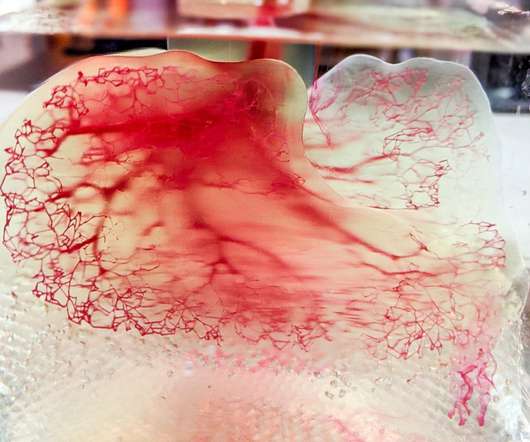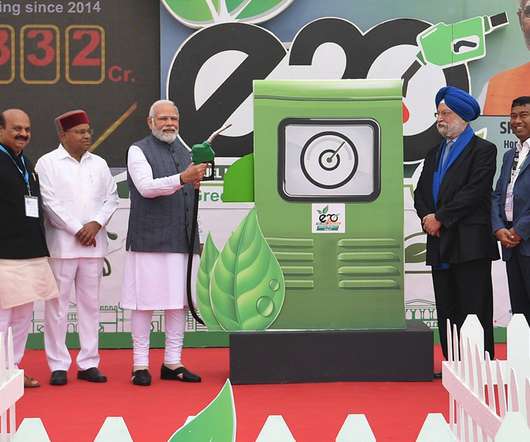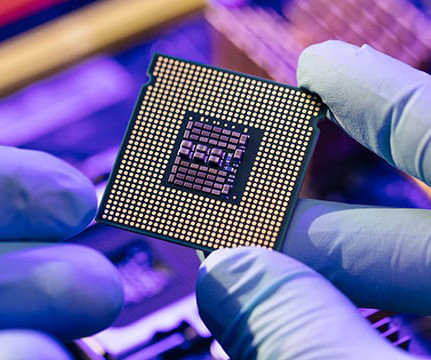SMMT Chief Executive Mike Hawes recognised for services to the UK automotive industry
SMMT
JUNE 14, 2024
Mike joined SMMT as chief executive in 2013, after a number of years in the automotive sector both in the UK and overseas. Mike also plays a pivotal role in the Automotive Council – a unique partnership formed in 2009 to foster collaboration between government and the automotive industry.















Let's personalize your content